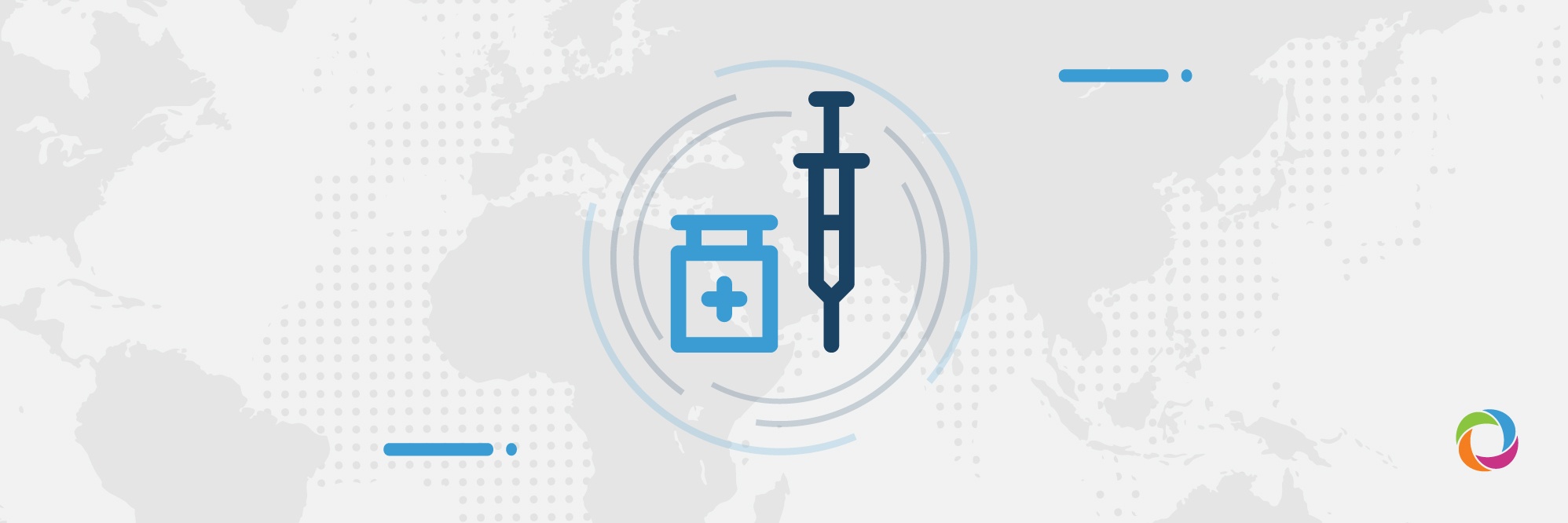While wealthy countries have secured sufficient numbers of COVID-19 vaccines doses to vaccinate their populations, poorer nations are still struggling to access affordable vaccines. However, India is in a position to help the developing world and has actually started to do so.
Although there is only one COVID vaccine developed in India, which seems to rise controversy, this country can still play a crucial role in the global vaccination process as a key manufacturer of vaccines, especially for the developing world.
India is home to the largest global vaccine manufacturer by number of doses – the Serum Institute of India (SII) which has been owned by the Poonawalla family for 53 years. It is able to manufacture 1.5 billion doses a year but its management is planning to boost production due to the current exceptional demand. The company employs about 7000 people at its main facility in Pune in western India and its two smaller plants in the Netherlands and the Czech Republic. The Serum Institute currently produces 20 vaccines for 165 different countries and exports 80% of its production. Furthermore, their doses are amongst the cheapest in the world.
See also| India provides one million doses of Covishield vaccines to Nepal
This is why India, or more specifically the Serum Institute, is one of the main participants of the COVAX initiative that is co-led by Gavi, the non-profit vaccine alliance responsible for providing COVID-19 vaccines to developing countries. In September 2020, Gavi and the Bill and Melinda Gates Foundation decided to pay the Serum Institute in advance for 200 million COVID-19 vaccines doses. Within this agreement, the Indian company is committed to manufacture the vaccines developed by Oxford University and AstraZeneca or the vaccine invented by Novavax and deliver these to over 60 developing countries in Africa, Asia, and Latin America. Each dose produced by the Indian medical giant costs US$3.
The SII plans to manufacture 200 million doses of AstraZeneca vaccines by the end of January 2021. However, the company not only supports the efforts of Gavi but is also producing vaccines for other countries, such as South Africa which has ordered 1.5 million doses, and Brazil which has decided to buy 2 million doses.
According to international media, India’s Health Ministry did not ban the export of COVID-19 vaccines to other countries. “The government has not taken any such action, and this should be absolutely clear,” said Health Secretary Rajesh Bhushan, quoted by DW.
It is significant that India has the biggest global capacity in terms of vaccine production, manufacturing 60% of all world vaccines. The facilities located in the city of Hyderabad alone are able to meet one-third of the total global vaccine demand. India is also a leader in the production of generic medicines and half of dozen major vaccine producers operate in India manufacturing vaccines against polio, meningitis, pneumonia, rotavirus, BCG, measles, mumps, and rubella, amongst others.
Furthermore, India enjoys an enviable reputation not only because of the quantity it is able to deliver but also due to the quality of the manufactured vaccines which are perceived to be safe and effective. While the World Health Organization has approved only five Chinese vaccines as being ready for export, in the case of India this was 47.
India can also boast successful mass immunization programs in its own country with the government planning to produce sufficient doses to vaccinate at least 60% of its huge population of 1.3 billion.

